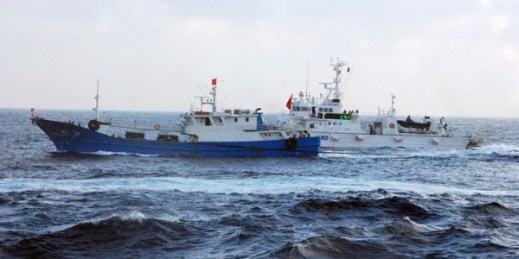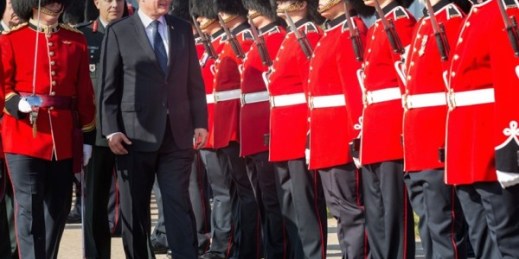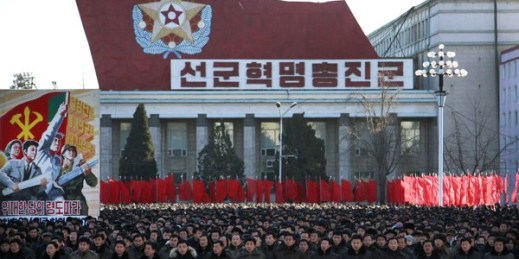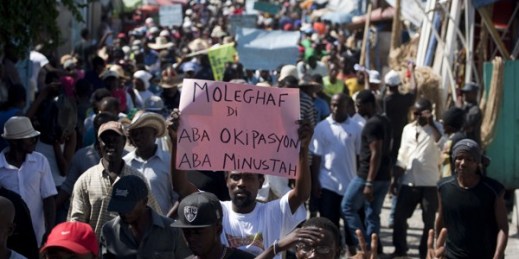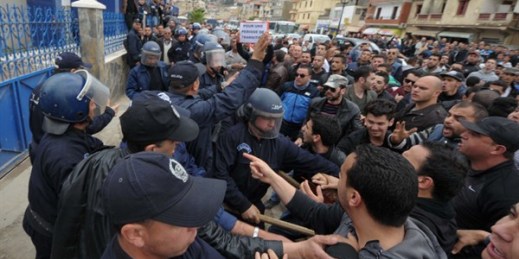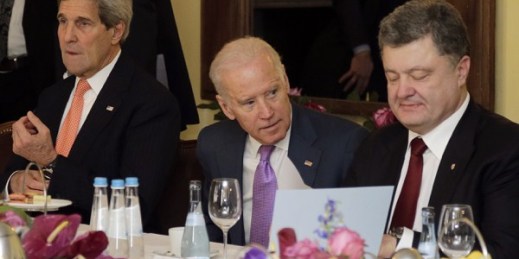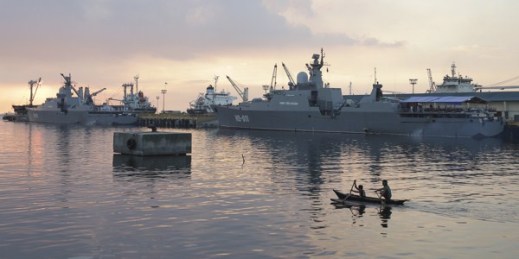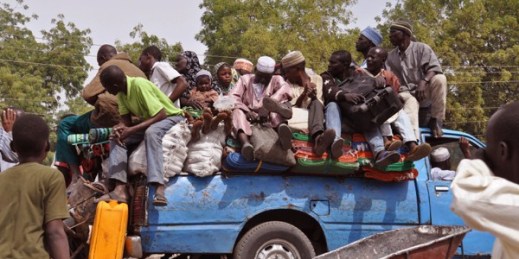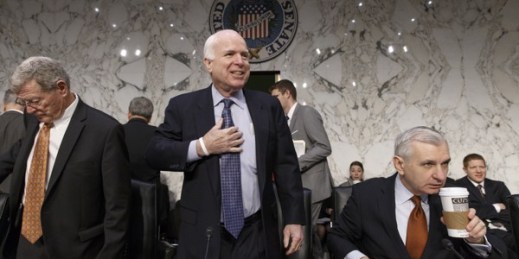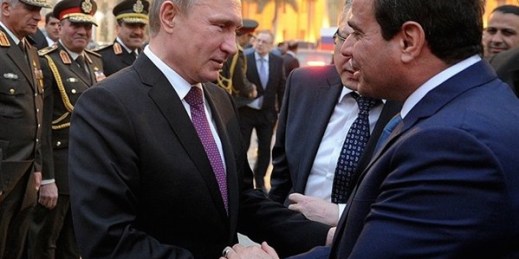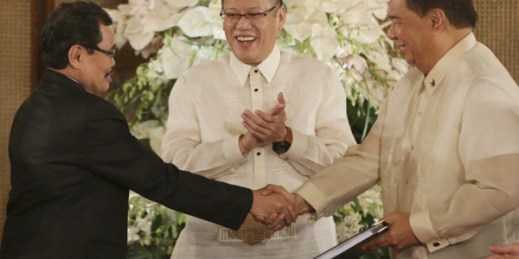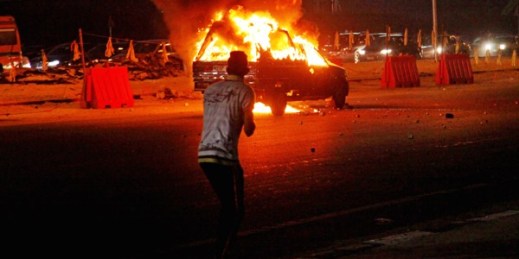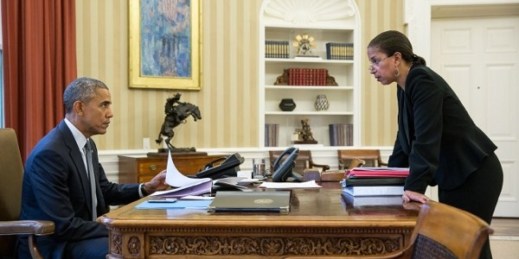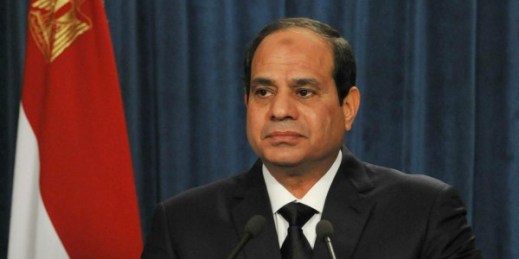
Days after ordering airstrikes on targets of the so-called Islamic State (IS) in eastern Libya, Egyptian President Abdel-Fattah el-Sissi may be in hot water with his Gulf Arab patrons—not over the strikes, but for comments made in their aftermath by an Egyptian official at the Arab League. On Thursday, the secretary-general of the Gulf Cooperation Council (GCC) backed Qatar’s decision to withdraw its ambassador from Cairo after Egypt’s representative to the Arab League accused Doha of supporting “terrorism” in Libya. The accusation came during an Arab League debate on Egypt’s actions in Libya; Qatar’s representative had apparently raised some reservations. […]


